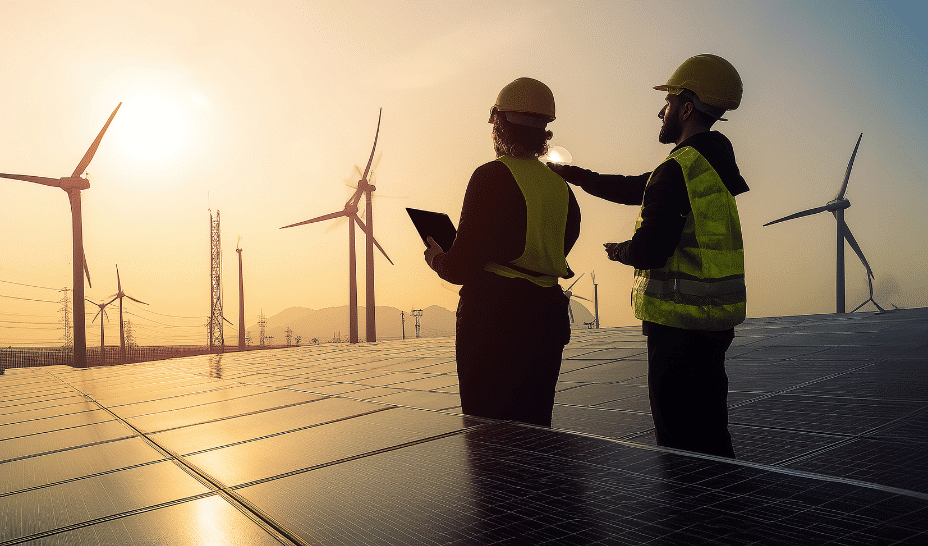On 28 April 2025, a massive blackout swept across the Iberian Peninsula. Cities like Madrid, Lisbon and Seville experienced halted transportation, disrupted communications, and overwhelmed emergency services. Hospitals relied on backup generators, while residents scrambled for essentials.
Investigations revealed that the blackout originated from a sudden loss of power generation in Granada, Spain. This initial failure cascaded through substations in Seville and Badajoz, leading to a disconnection from the European grid. The result was a rapid drop of approximately 15 gigawatts – about 60% of Spain’s electricity demand – within seconds.
While some speculated about cyberattacks, authorities have since ruled them out in this instance. Nevertheless, the incident reignited concerns over the cybersecurity of Europe’s energy infrastructure, especially as grids become increasingly digital and interconnected.
Critics were quick to point fingers at renewable energy, citing its intermittent nature. However, data tells a different story. During the blackout, renewable sources like wind and solar demonstrated resilience. Some renewable plants remained operational, preventing a total collapse of the grid. In contrast, conventional power plants, including nuclear and gas, experienced complete shutdowns and took longer to resume operations.
The blackout underscored the urgency of building a grid that can withstand shocks while supporting the renewable transition already underway. While the cause was technical, the implications are structural, spanning energy policy, digital infrastructure, and the very design of the grid.
—-
The blackout also exposed Europe’s over-reliance on centralised energy infrastructure. Large-scale plants and long transmission lines create single points of failure, capable of triggering cascading effects. A decentralised approach offers greater resilience. Localised systems — including rooftop solar, floating PV, community wind, micro-hydro and biogas — can operate independently of the main grid via microgrids or hybrid systems.
Decentralisation reduces transmission losses, improves recovery times, and empowers communities to manage their own energy production. It shifts the model from top-down utilities to bottom-up, distributed networks that are more adaptable to climate pressures and innovation cycles.
From digital defences to decentralised systems
Cybersecurity is no longer optional; it is a cornerstone of resilient energy systems in the 21st century.
As smart grids, digital controls and remote monitoring tools become widespread, the energy sector grows increasingly vulnerable to cyber threats. Cybersecurity must become a core priority, with advanced intrusion detection systems, real-time anomaly monitoring, penetration testing, and operational training for grid personnel.
Another challenge lies in the variability of renewable generation. Solar and wind depend on weather conditions, leading to fluctuations in supply. Energy storage solutions — especially lithium-ion and flow batteries — play a critical role by storing surplus energy during peak production and releasing it during shortages. These systems provide the inertia needed to stabilise the grid.
The blackout also exposed Europe’s over-reliance on centralised energy infrastructure. Large-scale plants and long transmission lines create single points of failure, capable of triggering cascading effects. A decentralised approach offers greater resilience. Localised systems — including rooftop solar, floating PV, community wind, micro-hydro and biogas — can operate independently of the main grid via microgrids or hybrid systems.
Decentralisation reduces transmission losses, improves recovery times, and empowers communities to manage their own energy production. It shifts the model from top-down utilities to bottom-up, distributed networks that are more adaptable to climate pressures and innovation cycles.
Resilience as the cornerstone of Europe’s energy future
This blackout serves as a stark reminder of the vulnerabilities in Europe’s current energy infrastructure. It exposed how heavily centralised systems, dependent on large power plants and long transmission lines, can fail catastrophically and affect millions within seconds. As Europe pushes forward in its energy transition, resilience must become just as important as decarbonisation.
To build a future-proof energy system, it is imperative to invest in:
Grid modernisation: Upgrading transmission and distribution networks to manage the dynamic flows of renewable energy
Energy storage: Deploying large-scale batteries and other storage technologies to balance supply and demand in real time
Diversified energy sources: Integrating a wide mix of renewables – including wind, solar (ground-mounted and floating), and hydro – to reduce dependency on any single source
Cybersecurity: Strengthening digital infrastructure to withstand growing cyber threats as smart grids and automation become the norm
Cross-border collaboration: Enhancing interconnections and coordination between EU nations to increase flexibility and shared resilience
Crucially, the path to true resilience also lies in decentralisation. By distributing power generation across rooftops, communities and microgrids – and empowering local actors to produce and manage their own clean energy – we create a more stable, responsive and democratic energy system. Decentralised models reduce transmission losses, improve recovery times during outages, and foster innovation at the edge of the grid.
Let the 2025 blackout be remembered not only for the disruption it caused, but for the clarity it brought: the future of Europe’s energy must be renewable, secure and decentralised. This is not just a technical upgrade – it is a fundamental shift towards energy independence, equity and climate resilience.
Note: The official investigation led by ENTSO-E is still ongoing, and a dedicated expert panel is analysing the sequence of events to determine root causes and future safeguards. Let’s see what the final report concludes together, because understanding exactly what happened is key to preventing it from happening again.
Read the orginal article: https://www.eu-startups.com/2025/05/europes-2025-blackout-a-wake-up-call-for-resilient-renewable-infrastructure/




